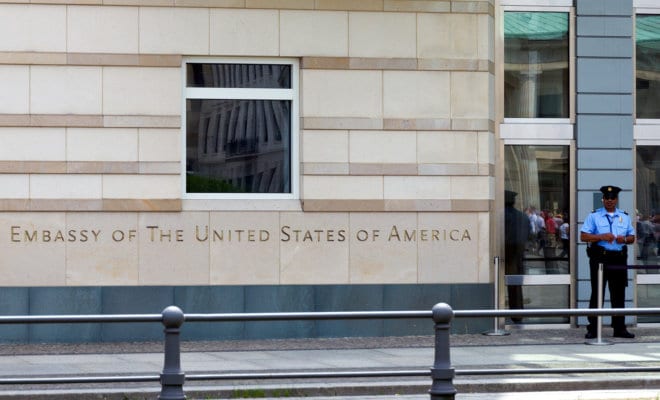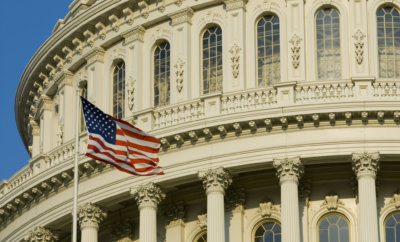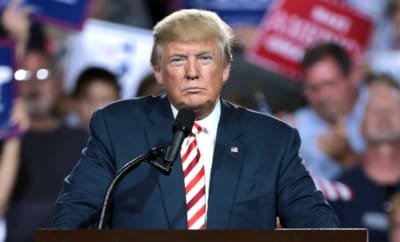Immigration
U.S. Immigration Agency Conducts Lottery for 1.90 Lakh H-1B Visa Applications

Representational Image
Photo: Bigstock
The United States Citizenship and Immigration Services has been resorting to a lottery mechanism since 2013-14, as the number of applications exceeds the annual quota.
The United States Citizenship and Immigration Services (USCIS) used a computer-generated random selection process, called lottery, to select enough H-1B applications to meet the quota caps for the financial year of 2019, the agency said on April 11. The USCIS has been resorting to a lottery mechanism since 2013-14 as the number of applications far exceeds the annual quotas.
The agency said that two lotteries were run — the first one selected enough applications to meet the masters cap quota of 20,000 and all unselected master’s cap petitions went on to become part of random selection process of the 65,000 cap. The second lottery chose from roughly 1.70 lakh applications.
Selection in lottery process is no guarantee of H-1B visa as the USCIS increased the number of requests for evidence last year. Evidence is sought on whether the occupation for which visa was being sponsored was “specialized.”
This year, the number of applications for the H-1B visa, largely driven by India’s tech industry, has dipped for the second year in a row, the Times of India reported. About 1.90 lakh applications were received for the 2018-19 season (which is the financial year 2019), which would allow applicants to work in the United States from Oct. 1, as opposed to nearly 2 lakh applications last season. The fall by 8,902 applications, or 4.5 per cent, as compared to 2017-18 is comparatively minuscule.
The number of applications hit a peak in 2016-17, with 2.36 lakh applications. When the current year’s applications are compared with the peak statistic, the reported decline is 19.5 per cent in the number of H-1B visa applications.
The applications were invited by the USCIS on April 2. The agency announced on April 6 that it had reached the general quota cap of 65,000 as well as the cap of 20,000 for advanced degree holders (master’s cap) from the U.S. universities.
It is difficult for applicants with entry-level wages to obtain visa. According to immigration experts, this year, due to the extreme vetting by USCIS, there will be questions relating to not just “specialization” but the sponsor will also have to prove that the visa aspirant will be placed in non-speculative work, during which the sponsor will maintain the requisite employer-employee relationship, even as the job is carried on at a third party site.
“This year, general cap filings have roughly a 38 per cent chance of selection in the lottery,” Fragomen, a global firm specializing in immigration laws, was quoted as saying by the Times of India. “The odds for the advanced degree cases are somewhat higher because these filings get a second change for selection, if they are not chosen in the initial lottery. The overall chance of selection this season is approximately 45 per cent.”
The USCIS will now begin the process of rejecting and returning all unselected applications with their filing fees unless there is a violation of prohibition such as multiple filing.
The statement adds that the agency will continue to accept and process petitions filed for extension of the amount of time a current H-1B worker may remain in the country, change the terms of employment for current H-1B workers, allow current H-1B workers to change employers, and allow current H-1B workers to work concurrently in a second H-1B position.



